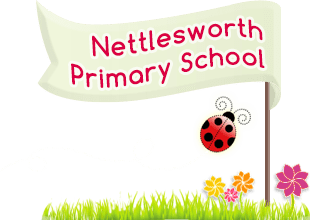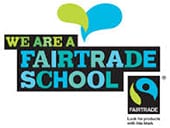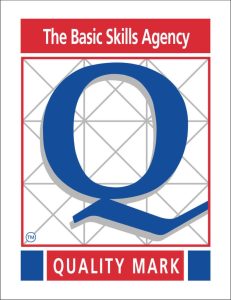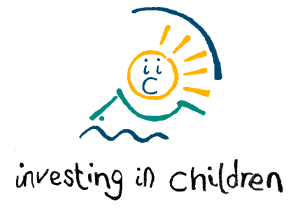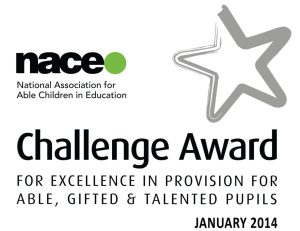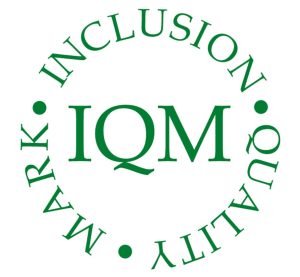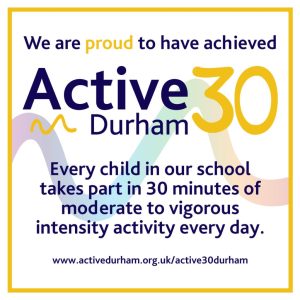What are British Values?
Schools have been asked to explain how they promote British values. So what are ‘British’ values? There are certain values that have been attributed to being British, by the government and some institutions, and these fall into the following broad areas:
- Democracy
- The Rule of Law
- Individual Liberty
- Tolerance & Respect.
Once again the work we do on our Rights Respecting School curriculum forms a very solid basis from which we can promote this area of the curriculum.Democracy
- We seek to promote British values in our policies and practice here at Nettlesworth. Our activities and the way we manage learning and behaviour, clearly reflect British values. We promote these values in the following ways:
How do we specifically promote ‘British Values’ at Nettlesworth Primary?
- Provide pupils with a broad general knowledge of, and promote respect for, public institutions and services – by discussing these whenever appropriate in curriculum work.
- Teach pupils how they can influence decision-making through the democratic process – e.g. in our Rights Respecting Council work.
- Include in the curriculum information on the advantages and disadvantages of democracy and how it works in Britain – e.g. when considering periods of history where democracy was not as fully developed as it is now.
- Encourage pupils to become involved in decision-making processes and ensure they are listened to in school – UNCRC Article 12
- Organise visits to democratic establishments e.g. local council events such as Have Your Say.
- Hold ‘mock elections’ so pupils learn how to argue and defend points of view e.g. when electing representatives to the Rights Respecting Council for each class and when appointing ‘Buddies’ to work in school.
- Help pupils to express their views e.g. through English lessons and opportunities to present work and opinions.
- Model how perceived injustice can be peacefully challenged e.g. through our interactions with pupils and the school’s behaviour system and discussing scenarios in assemblies and class PHSE work.
The Rule of Law
- Ensure school expectations are clear and fair e.g. by discussing these with pupils and establishing classroom and whole school charters with the pupils themselves.
- Help pupils to distinguish right from wrong e.g. during everyday interactions and discussions of stories, fables and other literary materials.
- Help pupils to respect the law and the basis on which it is made e.g. by showing how rules help everyone to interact in an orderly and fair manner and protect the vulnerable in society.
- Help pupils to understand that living under the rule of law protects individuals
- Include visits from the police in the curriculum e.g. have sessions with the Community Police Officers and visits from the Fire Service.
- Teach pupils aspects of both civil and criminal law and discuss how this might differ from some religious laws.
- Develop approaches focused on fairness and justice to resolve conflicts e.g. as part of sanctions in our approach to behaviour.
Individual Liberty
- Support pupils to develop their self-knowledge, self-esteem and self-confidence e.g. through all areas of teaching and learning in school.
- Encourage pupils to take responsibility for their behaviour, as well as knowing their rights.
- Challenge stereotypes e.g. through SMSC/PHSE work and assemblies.
- Implement a strong anti-bullying culture – as enshrined in our policies for Anti-Bullying and Behaviour.
Respect and Tolerance
- Promote respect for individual differences in all areas of learning and interaction.
- Help pupils to acquire an understanding of, and respect for, their own and other cultures and ways of life e.g. through our Religious Education work and SMSC/PHSE.
- Challenge prejudicial or discriminatory behaviour e.g. through discussion and use of illustrative materials as well as our approach to behaviour in school.
- Organise visits to places of worship e.g. visits to the local churches and other diverse places of worship as appropriate to the curriculum.
- Develop critical personal thinking skills throughout our curricular work.
- Discuss differences between people, such as differences of faith, ethnicity, disability, gender or sexuality and differences of family situations, such as looked-after children or young carers e.g. through our SMSC/PHSE and broader curricular work and through visitors to school sharing their experiences
You can find out more about Pupil Voice by clicking the following links below:
rights respecting or school council visit the Unicef website.
